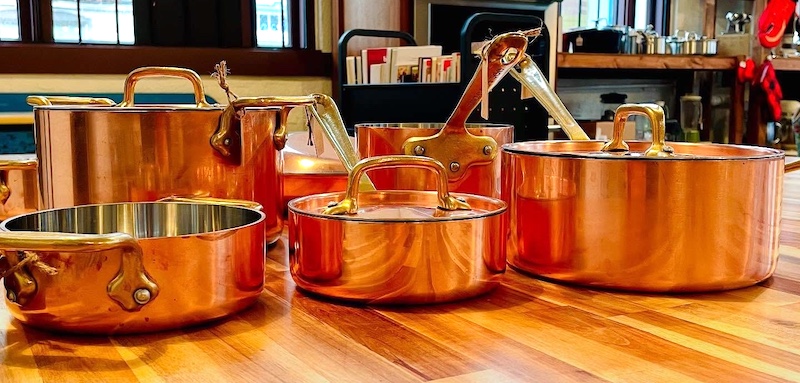
Kitchen Culture: Building Resilience and Joy in the Kitchen
Like so many entrepreneurs, Hildner wondered, "Is it a bad idea, or is it brilliant?"
When Traci Hildner wanted to open a brick-and-mortar space to teach food preservation and cooking classes through her Lucky Larder cooking school—having already spent more than a decade teaching classes at farmers' markets, New Seasons markets and Portland Community College—she knew she'd need an additional source of revenue to pay the rent.
But what would that be?
A café? A cookbook store? A commercial kitchen to help small producers bring products to market, making use of her masters degree in teaching and certification as a Master Food Preserver and Family Food Educator for Oregon State Extension Services?
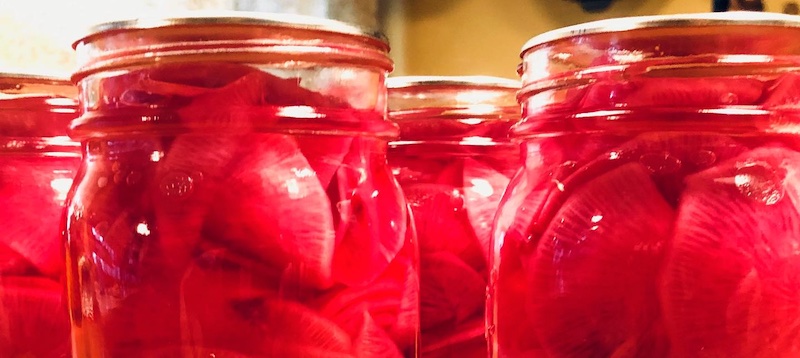
Recalling the winnowing process, Hildner said, "I'd always loved shopping 'used.' There are just things you don't need to buy new," listing "cars, bikes, clothes, and the uniqueness of vintage things."
"I also always loved kitchen stores," she said, having worked the retail side at places like Williams Sonoma and Kitchen Kaboodle. Inspired by local outlets like Next Adventure, Foster Outdoor and the vintage record stores lining Southeast Foster Road, she mused about offering a selection of high quality used kitchenware and equipment, but like so many entrepreneurs, wondered, "Is it a bad idea, or is it brilliant?"
Fortunately it turned out to be the latter.
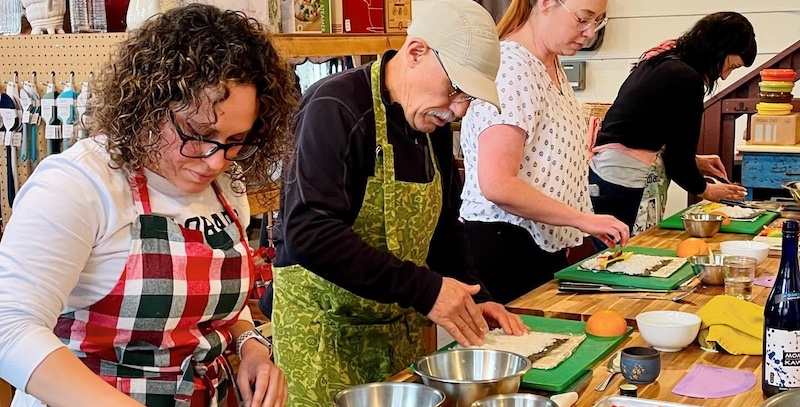
Celebrating its third anniversary at its current location on Southeast Foster, Kitchen Culture brands itself as "a unique kitchen store, offering a constantly evolving selection of used and new cookware, dinnerware, glassware, kitchen tools, and cookbooks through our consignment program."
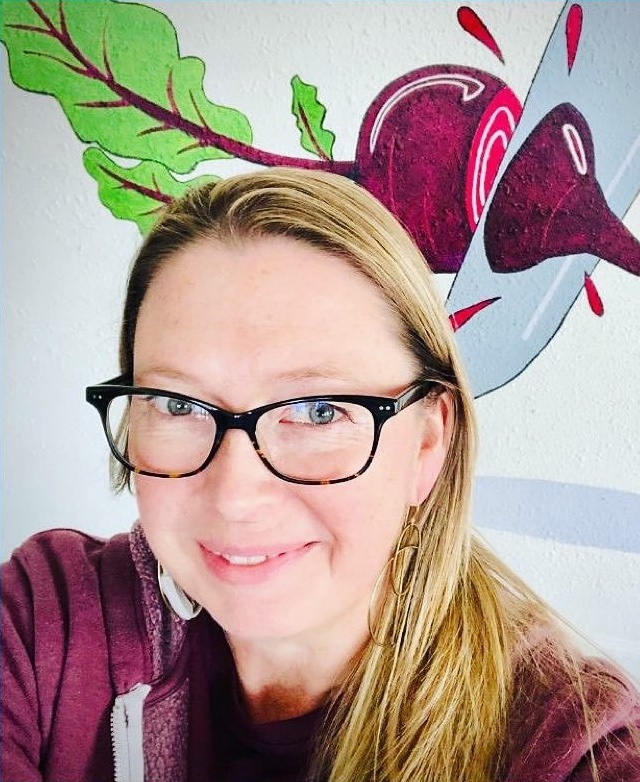
Opened with items collected from her own inventory of treasures gleaned from years of collecting, Hildner said the success of Kitchen Culture's consignment program has evolved from an add-on meant to supplement the income from cooking classes to becoming much more central to the character and financial stability of the business.
In designing the consignment program, Hildner said her own experience taught her that, as silly as it may sound to non-cooks, people have an emotional attachment to their kitchenware and, when the time comes to pass it on, want it go to someone who will love it, too. More than 80 percent of her inventory comes from the consignment side, but she also stocks new items like kitchen towels, oven mitts, aprons and the like, many produced by local artisans.
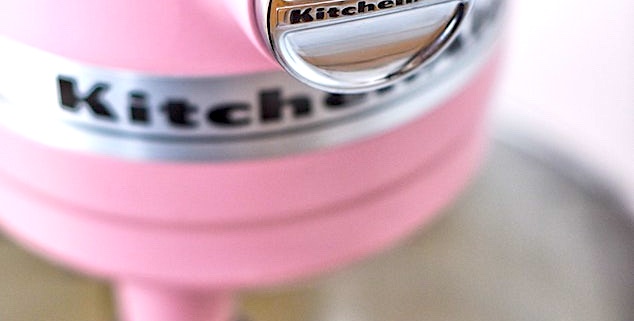
The current roster of upcoming classes held at the store and taught by Hildner and other local culinary educators include Pressure Canning, Water Bath Canning, Essential Knife Skills, Basic Breads, Sourdough Baking, and Egg Pasta & Summer Sauces, Fermentation Basics and more. Plus there's a schedule of regular events like Knife Sharpening and KitchenAid Mixer Refurbishing.
Hildner describes Kitchen Culture as a community space, and as part of that mission she has worked with the Foster-Powell Neighborhood Association to coordinate meal service for Lilac Meadows, a nearby shelter. You can register to help prepare a meal and have a fun afternoon doing something good for the local community. Cost is a sliding scale from free to whatever you can contribute.